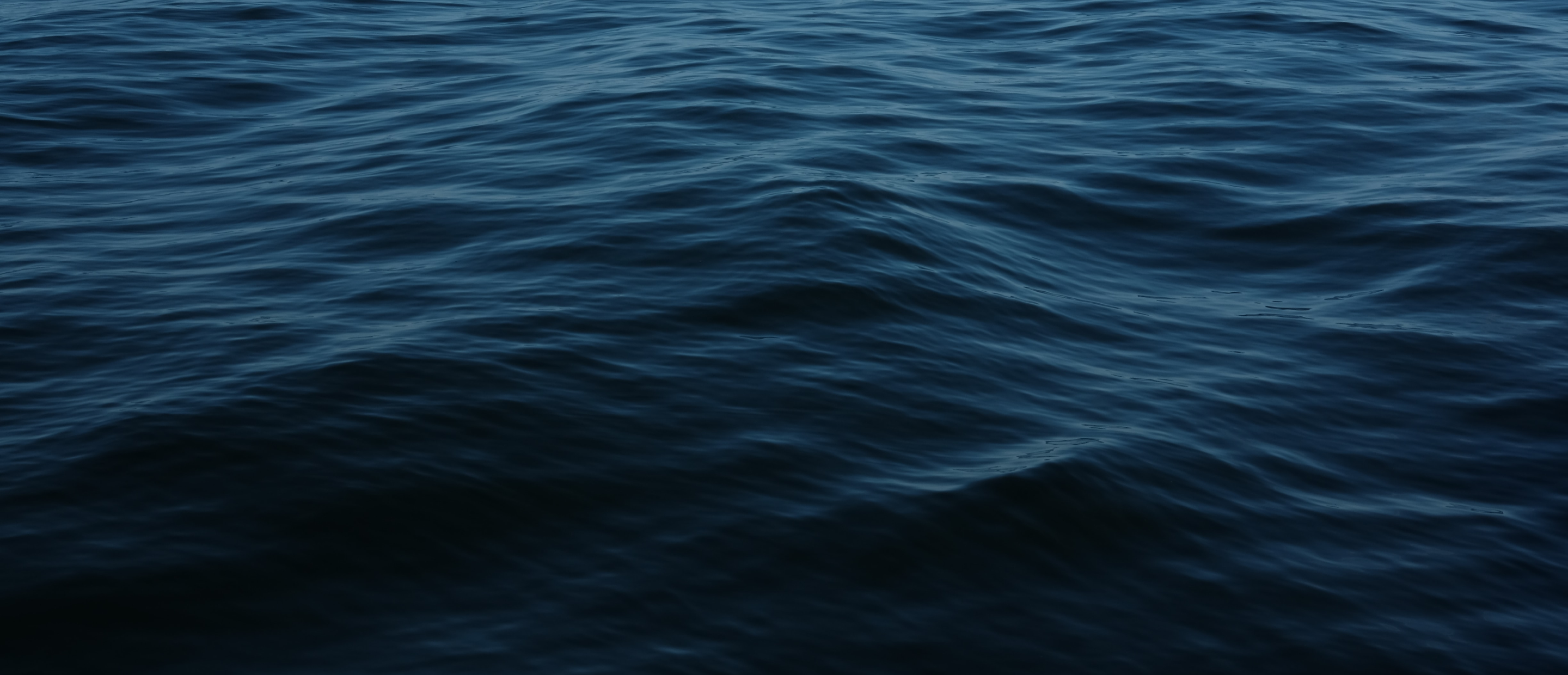Ocean Job Board

We created the Ocean Job Board to facilitate access to job postings in the marine community.
The board links directly to the career pages of ocean organizations and updates when jobs are posted or taken down. It's free to use, and all applications go directly to the hiring organization.
Please also check out the ocean job boards run by these organizations: Seven Seas Media, Ocean Careers, WiseOceans, American Fisheries Society, Marine Conservation Institute, Nature Tech and ClimateBase.
Posting a job is free. To add or remove your organization or ask a question, please email us at jobboard@schmidtmarine.org.
On-site & Remote
AUD 100,862-110,957 / year
USD 160,100-178,900 / year